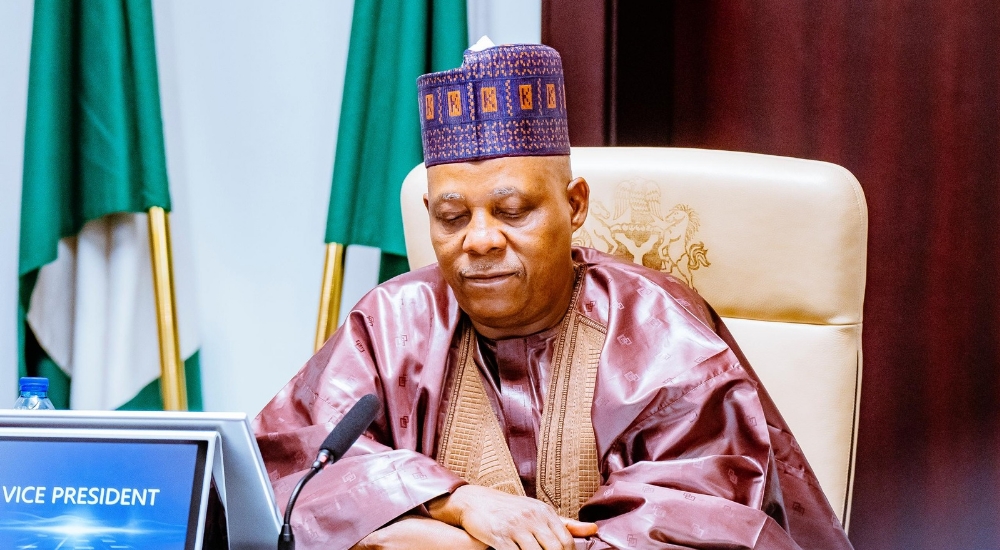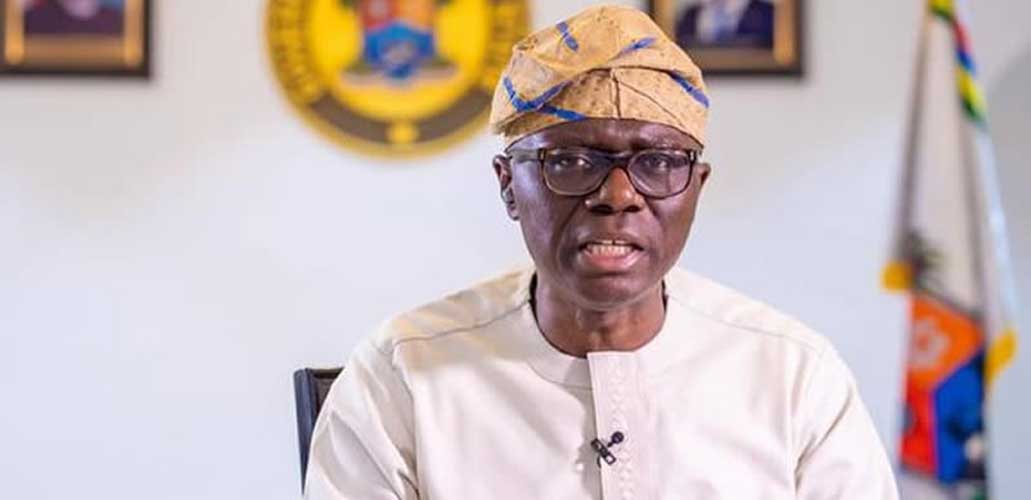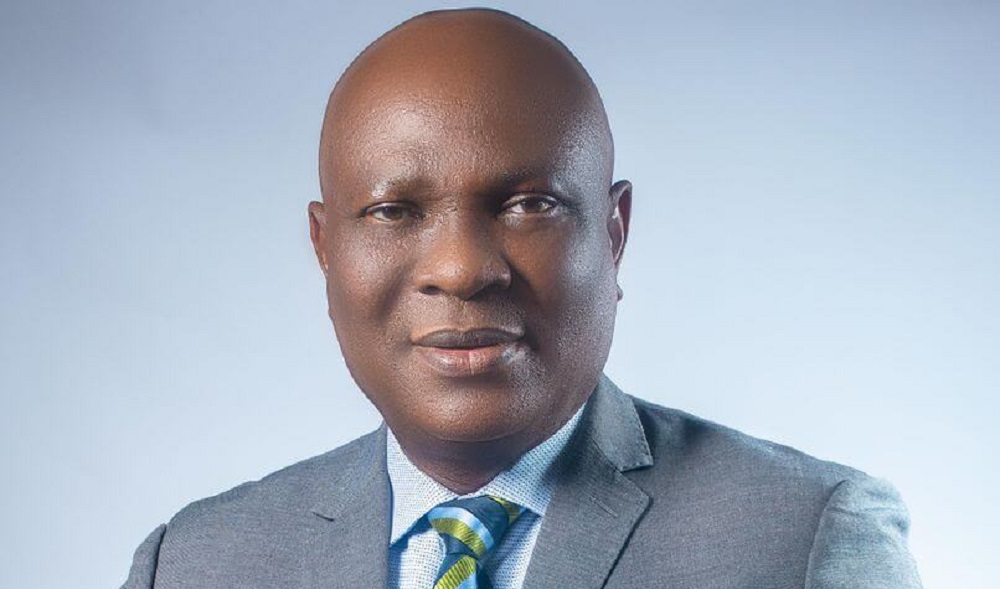FG Plans Digital Health Reform To Strengthen Service Delivery

The Federal Government says it is embarking on a full-scale digital transformation of Nigeria’s health system under the Renewed Hope Agenda.
The Minister of State for Health and Social Welfare, Dr Iziaq Salako, who disclosed this at the national stakeholders meeting in Abuja on Monday, described the initiative as a “decisive moment”, saying that it will entail positioning data and technology as the backbone of healthcare reform.
The NDHI, launched in March 2024, aims to unify Nigeria’s digital health landscape by creating a modular, open and interoperable digital health services network.
Salako added that the move aims to overhaul the country’s fragmented healthcare data infrastructure.
”For decades, our healthcare system has grappled with fragmentation in data collection, poor interoperability of systems and inefficient service delivery. Today, we are at an inflexion point,” Salako said.
The minister further stated that this would enable real-time tracking of disease outbreaks, streamline financing, improve immunisation coverage and empower innovators to build health apps that enhance care and create jobs.
He added that digital tools are not a luxury but a necessity for frontline workers and policymakers, noting that the private sector, which delivers 60 per cent of healthcare services, must also be integrated into national reporting structures.
Salako pointed out that the NDHI was anchored on three foundational pillars, which include the Interoperable Digital Health Services Network, consisting of modular, open and connected digital tools; the Health Claims Exchange (HCX), designed to reduce fraud and optimise health spending through real-time claims data. And the Health Information Exchange (HIE), which enables seamless and secure data flow across health facilities, states and both public and private systems.
The minister said the components will power a new national health data space that supports clinical decision-making, public health surveillance, resource allocation and start-up innovation.
He, however, urged state health commissioners and digital health focal persons to commit to practical steps and real timelines, stressing the need for coordination across all levels of government.
He further noted, “A woman delivering in a rural community in Yobe will have her medical records linked to referral centres across the country without needing paper folders. This is the future we are building.
Salako described the NDHI, which was endorsed by the National Council on Health in November 2024, as a national, not federal, initiative, calling on stakeholders across government, civil society and the private sector to take ownership.
“We must move from vision to execution. Let this meeting be remembered not just as a gathering but as the launchpad for building a smarter, stronger and more equitable health system for all Nigerians,” he said.
FG Plans Digital Health Reform To Strengthen Service Delivery is first published on The Whistler Newspaper





